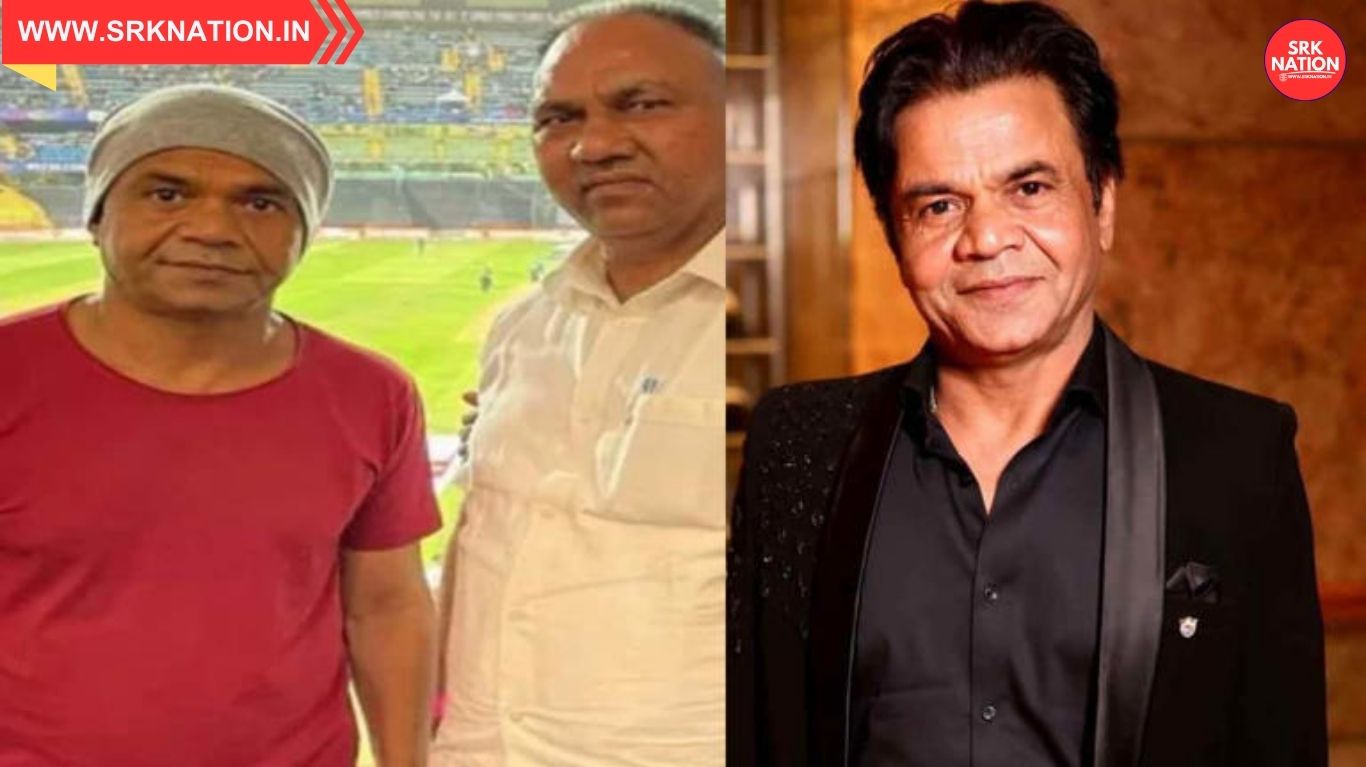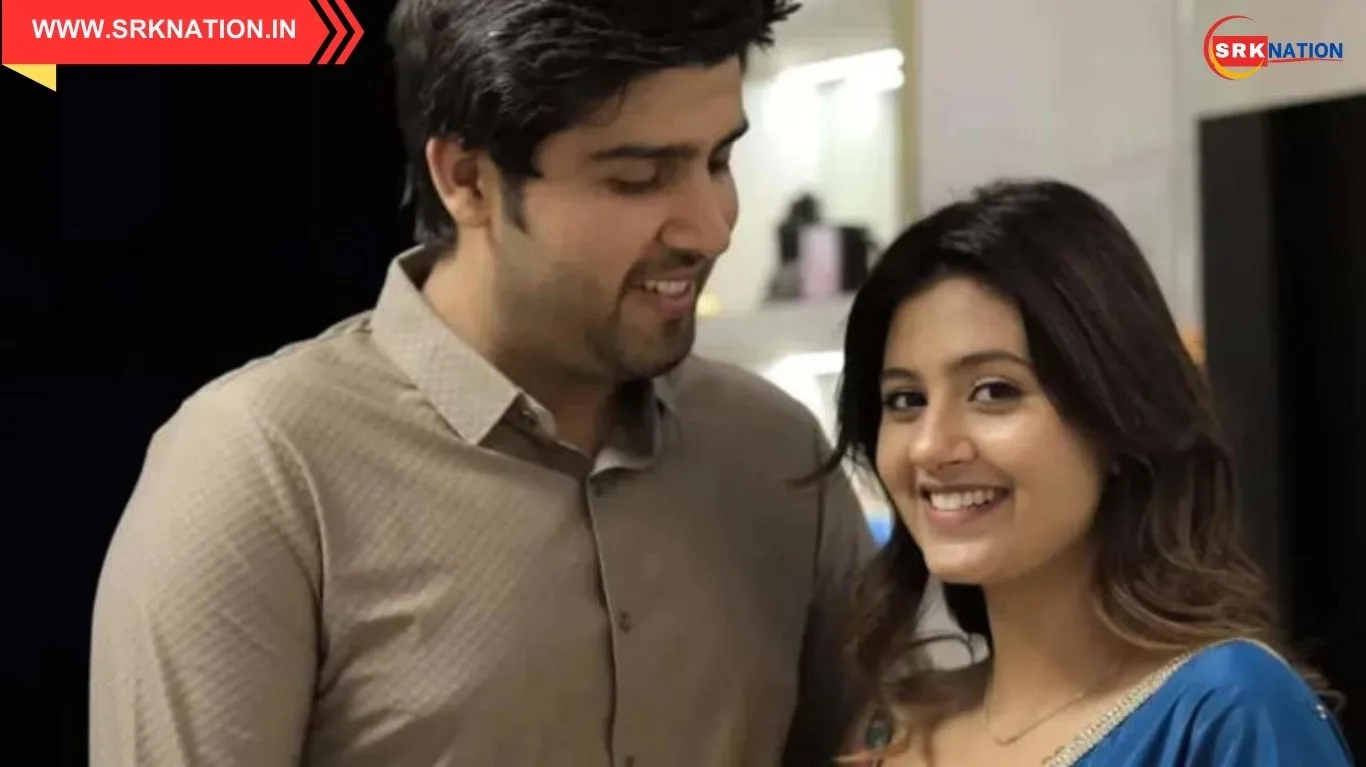Popular YouTuber Armaan Malik, known for his family vlogs and controversial personal life, has landed in fresh legal trouble after the Patiala District Court summoned him and his two wives, Payal Malik and Kritika Malik, for allegedly violating provisions of the Hindu Marriage Act. The development has stirred significant debate on bigamy, social media influence, and marriage laws in India.
Case Details and Legal Allegations
According to court filings, the case revolves around allegations that Armaan Malik married Kritika Malik while still being legally married to Payal Malik, without obtaining a legal divorce. Under Section 494 of the Indian Penal Code (IPC) and the Hindu Marriage Act, 1955, such an act constitutes bigamy, which is a punishable offence for Hindus.
A legal expert following the matter stated:
“While multiple marriages are permitted under certain personal laws in India, Hindu law clearly prohibits it unless the first marriage is legally dissolved. This case could set a precedent in how high-profile influencers are held accountable under marriage statutes.”
Timeline of Events
| Year/Month | Event |
|---|---|
| 2011 | Armaan Malik marries Payal Malik |
| 2018 | Couple gains popularity on YouTube with family vlogs |
| 2019 | Armaan allegedly marries Kritika Malik without divorcing Payal |
| 2022 | The trio begins appearing together in vlogs, sparking social media debates |
| 2025 | Patiala District Court issues summons over alleged Hindu Marriage Act violation |
Public Reaction to the Court Summons
The summons has reignited online discussions about polyamorous relationships, traditional marriage values, and the influence of social media personalities on societal norms.
While some fans defended Armaan Malik’s right to live as per personal choice, others criticised him for allegedly breaking the law. Hashtags like #ArmaanMalikCase, #HinduMarriageAct, and #SocialMediaEthics began trending on X (formerly Twitter).
Legal Provisions in Question
| Relevant Law | Section | Key Provision | Penalty |
|---|---|---|---|
| Hindu Marriage Act, 1955 | Section 5 | Conditions for a valid Hindu marriage | Declares bigamy invalid |
| Indian Penal Code | Section 494 | Marrying again during lifetime of spouse | Up to 7 years imprisonment + fine |
Why the Case Matters – Social Media Influence and Legal Boundaries
The Armaan Malik case has broader implications than a mere celebrity scandal. It touches upon:
- Law vs Personal Choice: Whether personal relationships shown on social media can bypass legal frameworks.
- Influence on Youth: Millions of viewers consume Armaan’s content, making his lifestyle choices part of public discourse.
- Legal Enforcement: Whether the law will be applied uniformly to influencers and the general public.
Statements from the Parties Involved
While Armaan Malik and his wives have not issued an official legal statement, in earlier interviews they defended their relationship as “mutual, consensual, and harmonious”. They claimed their arrangement was based on love and understanding, not compulsion.
However, legal experts point out that consent between the parties does not override statutory provisions in the Hindu Marriage Act for Hindus.
The YouTube Fame Factor
Armaan Malik’s YouTube channel boasts millions of subscribers, and his videos frequently showcase family moments with both wives, sometimes featuring discussions about their relationship dynamic. This visibility has both increased their popularity and made them a subject of legal scrutiny.
Social and Cultural Repercussions
The case has split public opinion:
- Conservative voices say such acts dilute the sanctity of marriage laws.
- Progressive circles argue that personal choices in relationships should not be criminalised, provided they are consensual.
- Neutral observers highlight that personal freedom still operates within the bounds of law, and the matter must be decided judicially.
Possible Legal Outcomes
| Outcome | Implication |
|---|---|
| Conviction under IPC 494 | Up to 7 years in prison + fine |
| Acquittal | Strengthens argument for personal choice in relationships |
| Out-of-court settlement | Case withdrawn but public debate continues |
Expert View – Marriage Law Reform?
This case might also spark conversations about modernising India’s marriage laws, especially in the context of influencer culture and alternative relationships. While marriage laws are deeply rooted in tradition, changing social realities may push for a re-examination.
Next Hearing and Proceedings
The Patiala District Court has set the first hearing date for later this month, where the accused will be required to present their side. If the matter proceeds to trial, it could become one of the most high-profile social media-related marriage cases in recent years.
Conclusion – A Legal and Social Turning Point
The summons to Armaan Malik and his two wives is not just about one family’s choices—it is about how social media narratives collide with legal realities. As India grapples with evolving relationship norms, this case will be watched closely for its legal outcome, social commentary, and influence on future legislation.
Disclaimer: This article is based on publicly available information, court summons details, and media reports. It does not make any legal or personal judgments about the individuals involved. The final determination of facts lies with the judicial process.











